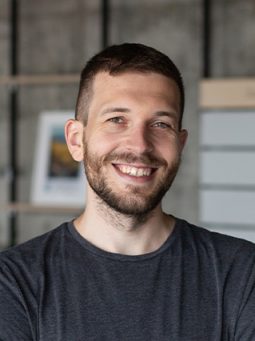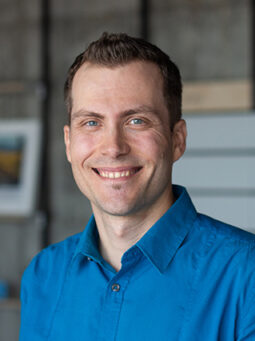Upheal: Helping mental health professionals to be more efficient and focused using AI and NLP
The importance of mental health gradually increases. Health services rank among the areas where intelligent technology can have a direct impact on quality of human life. We collaborate with Upheal, a startup company aiming to leverage AI to support mental health professionals in their invaluable work.
This is a very compelling project for KInIT, as we have teamed up with a company from the health-tech space for the first time. We help to design and adapt AI models, architectures and pipelines for a platform that will serve the needs of mental health clinicians.
Upheal is on a mission to improve the wellbeing of the population by equipping mental health clinicians with powerful technology so that they can better help those in need. Their goal is to prevent problems like therapists’ burnout and to unlock their professional growth with the power of AI.
Upheal is an AI-powered note-taking platform for mental health clinicians. It was designed to save time on creating documentation. The platform is built to make the work of clinicians not only more efficient and focused, but also of higher quality.
We collaborate with the Upheal team to help them build better services based on the Natural Language Processing (NLP) technology. We primarily focus on consulting and prototyping multimodal NLP and tackling tasks like text summarisation, entity recognition and identification; while building on the top of state-of-the-art neural approaches.

